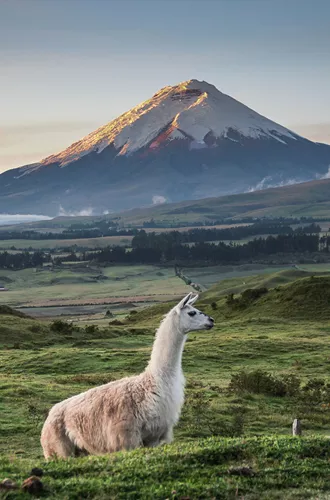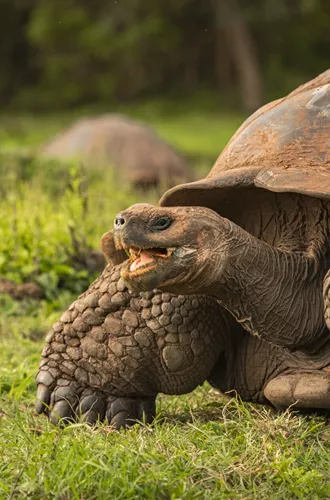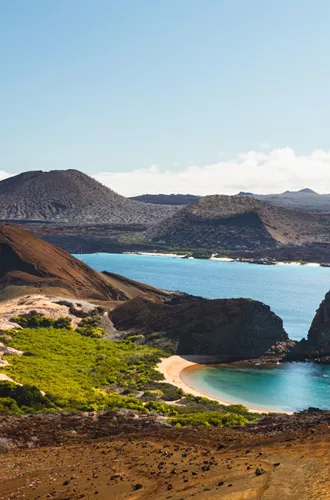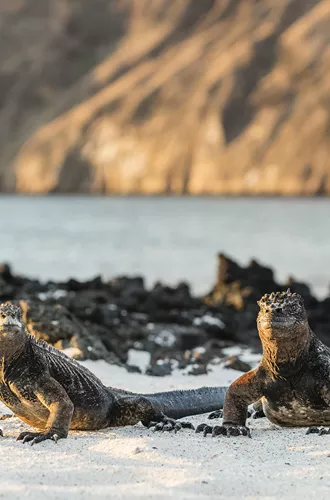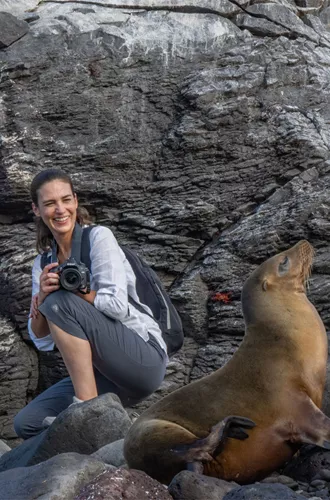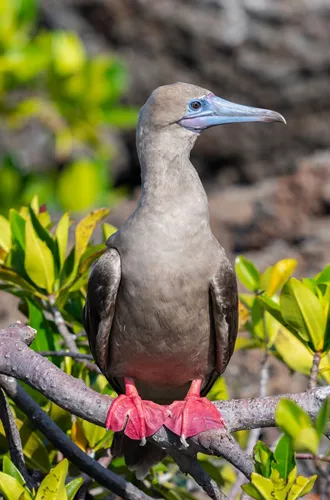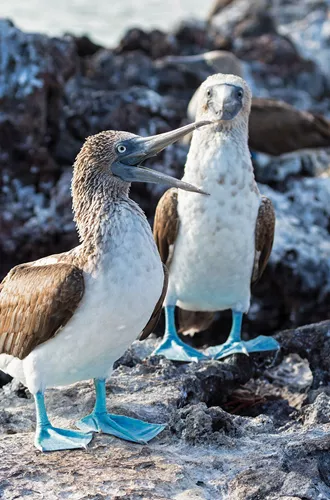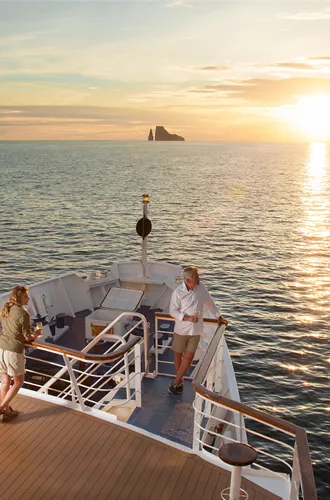Nestled in a long narrow valley in the Andes, Quito is a mix of colonial and modern architecture. Its greatest treasures are the temples and convents that are perfect examples of the mixture of Spanish and Indian culture.
© Adventure World 2024. All Rights Reserved.
MAKE TRAVEL MATTER® is a trademark of The TreadRight Foundation, registered in the U.S. and other countries and regions, and is being used under license.


